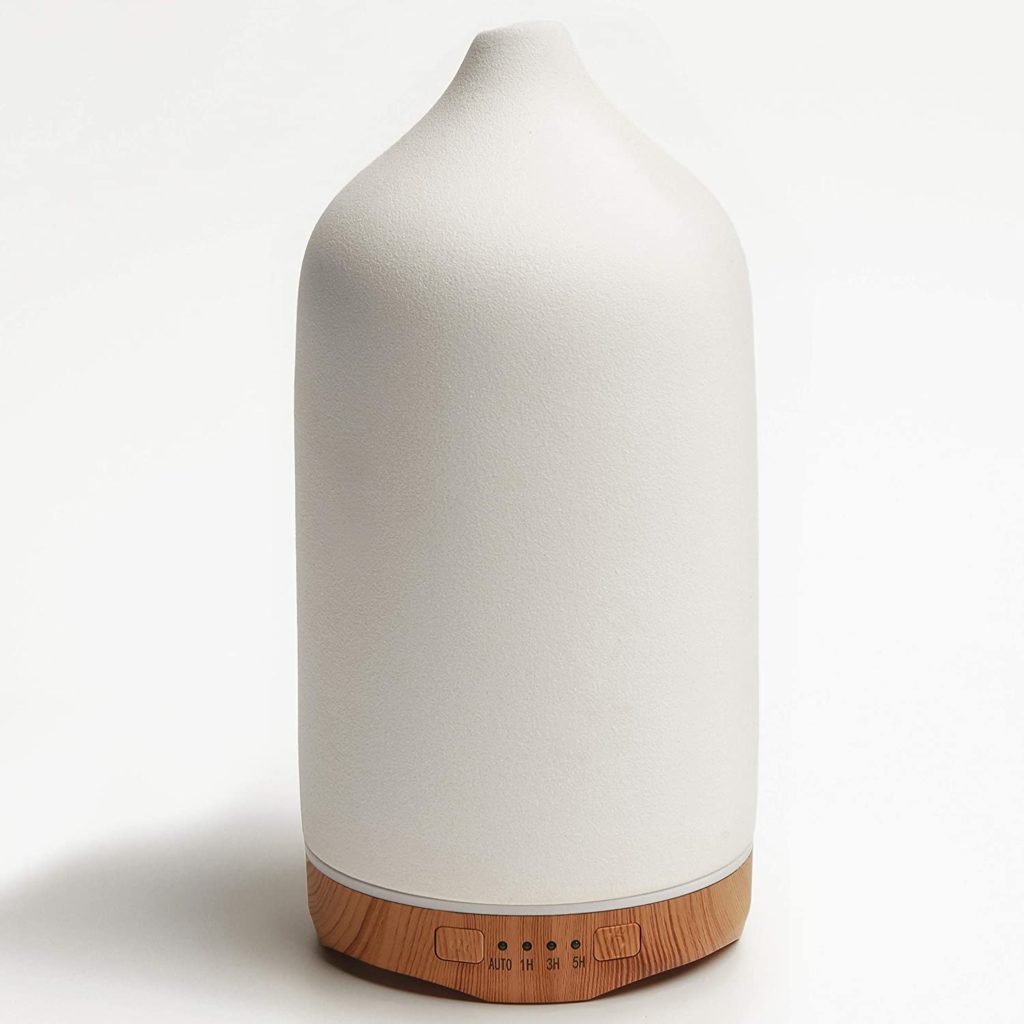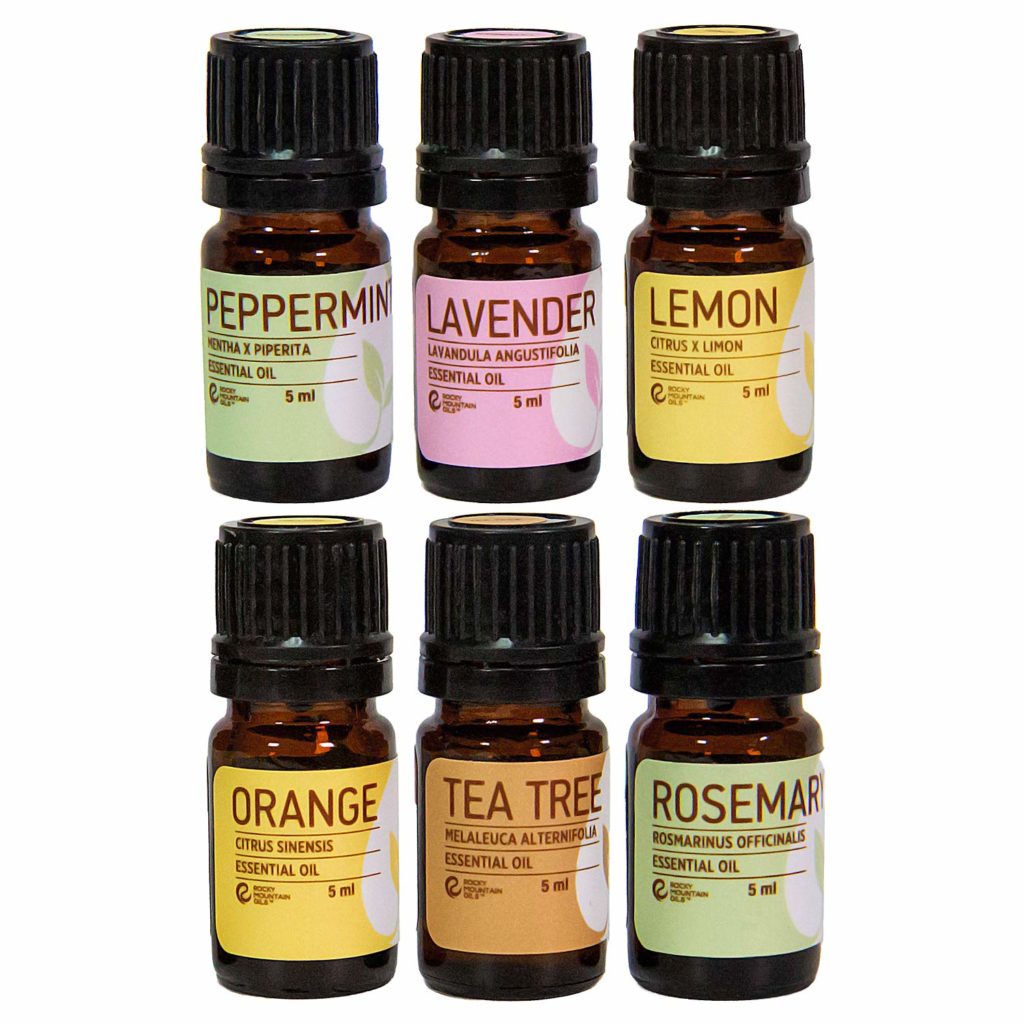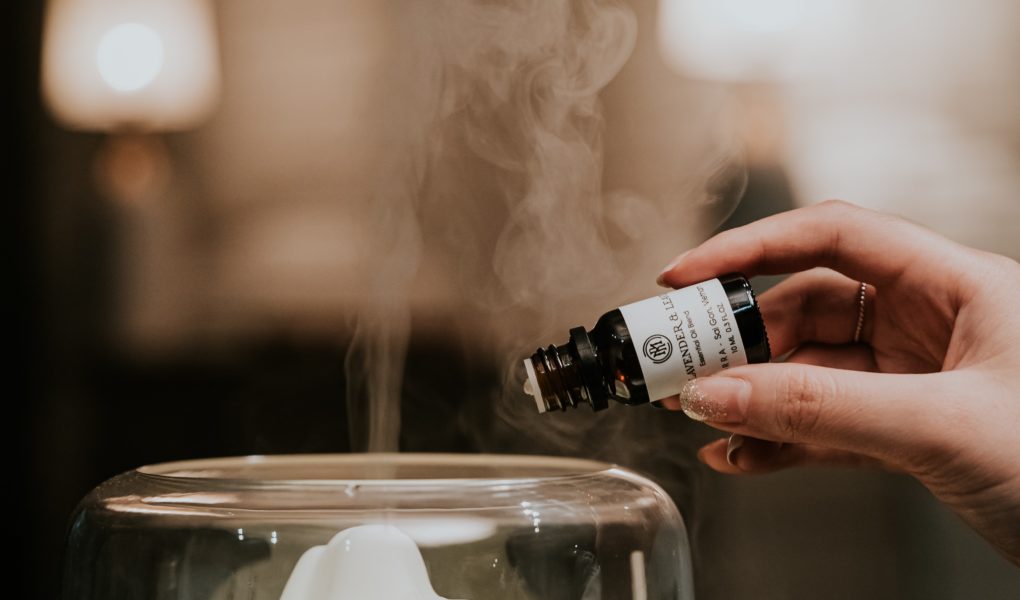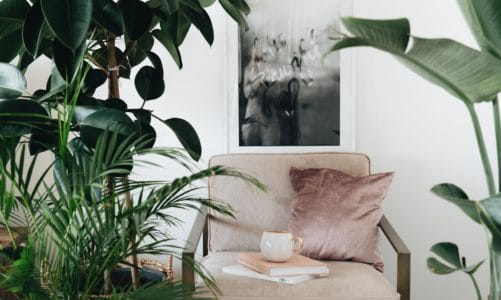The therapeutic use of aromas has been around for centuries. Although the essential oil market is still relatively new and unexplored for many, aromatherapists and others have known about the benefits of diffusing these oils for a long time, with great effect. They are so versatile and easy to use, that newbies can practically just jump in. You can adapt them to your own individual needs since essential oils have many different plant compounds, each with its own characteristics and therapeutic benefits. They can help lift your mood, balance emotions, sleep better, support the immune and respiratory system and freshen up the air inside the home. Here is Sunny Life Mag’s Go-To List of essential oils to use in a diffuser. But first, let’s look at a few basics before you go out and buy oil.
What kind of essential oils to use in a diffuser
Only the best kind. Remember they are potent plant compounds that you are essentially inhaling. Choose natural therapeutic-grade essential oils over synthetic ones. However, because so many premium oil brands are laced with synthetics today, it is prudent to do some research. Try and find those brands that are open and transparent about the processes involved in manufacturing. Opt for high-grade, pure, and therapeutic, preferably organic essential oils to use in a diffuser.
We choose
VIVITEST Ceramic Stone Essential Oil Diffuser
Ultrasonic Aromatherapy Diffusers, 100ML

We choose
Rocky Mountain Oils The Essentials Kit
Includes 100% Pure Lavender, Lemon, Orange, Peppermint
Tea Tree, and Rosemary Essential Oil
Topical, and Cleaning – 5ml

Where do I find the best kind of essential oils to use in a diffuser?
Online marketplaces are great if you know which brands you are looking for. However, for those new to the essential oil market, things can feel a little daunting at first. The best place to start would be to have a chat with a respected aromatherapist. Find out what their favorite brands of pure essential oils are for use in a diffuser. Research is key.
How much essential oil to use in a diffuser.
Start with 4 to 6 drops of essential oil in 180 ml of water, if you are a beginner. As you build your knowledge base and experience you can go up to 12 to 16 drops. Do not diffuse indiscriminately. Many aromatherapists advise short sessions of 30 min each, although many people diffuse for hours at a time. Caution is always advised especially when you are sharing your home with others.
Shortlisted essential oil favorites
Use any of these essential oils individually or as combos or blends when you want to relax and unwind, refresh the air, increase mental clarity or bring back a little romance in the air. If you are new to the world of essential oils, do not blend more than 2 oils at a time. When you want to mix 3 oils, be aware that they may cancel each other out.
Anti-bacterial Tea tree, Oregano, Cinnamon leaf
Antifungal Tea tree, Oregano
Anti-nausea Ginger, Sweet orange, Spearmint
Anxiety Grapefruit, Chamomile, Lemon Balm
Bad odor Lemon, Orange, Cinnamon, Tea tree, Rosemary, Frankincense
Bug repellant Lemongrass, Thyme, Eucalyptus, Basil
Calming Bergamot, Patchouli, Frankincense, Ylang-ylang, Vetiver
Concentration and memory Peppermint, Orange, Cypress, Lemon, Rosemary
Deodorizing Peppermint, Eucalyptus, Lemon, Rosemary, Cypress, Cedarwood, Lavender
Germ fighter Tea tree, Lavender, Peppermint
Refreshing Orange, Eucalyptus, Cypress, Tea tree
Energy Wild Orange, Frankincense, Cinnamon
Insomnia Chamomile, Lemon balm, Clary sage
Productivity Grapefruit
Relaxation Jasmin, Sweet orange, Cedarwood
Romance Rose, Jasmin, Sandalwood, Bergamot
Sinus & Headaches Peppermint, Lavender, Peppermint, Frankincense, Basil
Uplifting Lemon, Spearmint
Wake me up Lemon, Peppermint
Last thoughts on essential oils to use in a diffuser.
Try different combinations of oils and see what works for you in terms of fragrance. At the end of the day, we are all so different, and essential oils should be tailored to individual needs. What works for one person, may not for another. Everyone who is interested in essential oils to use in a diffuser should be aware that the market is essentially unregulated. How long it will stay that way is anyone’s guess. But in the meantime, use them sparingly and with care, especially if you are a newbie. Also, consider others who share your living space. The elderly, children, those with allergies, and pets are much more sensitive to the effects of essential oil diffusing and may experience signs of toxicity. Cats, in particular, have been known to experience bad side effects from essential oil diffusing.
If you enjoyed this article, you might like these too:
Which essential oil contains vitamin C?
Top 4 essential oils that moisturize dry skin the best.
These essential oils you can drink, but first, know this.
What are the signs of essential oil toxicity in dogs?
Are expensive essential oils worth it?
Cautionary note and disclaimer: Not any of these statements have been evaluated by the Food and Drug Administration or any health experts. The content of the article and the products recommended are not intended to diagnose, treat, cure or prevent any disease or health issue. The intention is also not to imply that essential oils are to be considered safe or unsafe to treat any health condition. This article was written for entertainment purposes only and can make no claims to the safety of essential oils. Always seek the expert advice of health practitioners who specialize in the safe use and treatment of essential oils.
Affiliate Disclosure: Some of the links that appear on this site are affiliate links. We may receive a small commission when you make a purchase. These commissions help to improve this site and to fund further research. The buyer does not pay any commission whatsoever but is an arrangement between the supplier and this site. Our selection of products is carefully curated and includes only those products we believe in.
Image credit: tron-le via Unsplash



